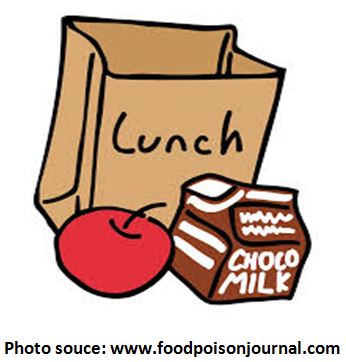Situation: School meals in this agenda item refer to lunches at all schools at various levels from the level of nurseries to the level of high schools. A school meal project is not new. It has been implemented since 1952. In 1992, the government introduced an act governing a fund for lunches at primary schools. As it focused only on food supplies but lacked knowledge about nutrition, the project resulted in the fat children who grew up with chronic diseases as well as the children with nutritional deficiencies who become incapable and problem-ridden adults. At present its school meal budget is limited at 13 baht per student per day and is not enough for the provision of foods with nutritional standard.

Problem: School executives have a variety of catering systems but are unable to provide good foods that are the key to successful school catering. They do not have knowledge and understanding about nutrition. They only arrange for students’ lunches without focusing on nutrition. Consequently many Thai children lack the important nutrients that are essential for their physical and mental development. Schools do not have the sources of nutritional foods, are not connected to local farms, source foods from outside suppliers, lack control on food sources and food safety that regularly results in food poisoning, and fail to use evaluation results to improve school meals. The nutritional standard of school meals in 2012 is not different from what was evaluated in 2006 when children received 75.6% of the nutrients they needed. Besides, there is a gap in the use of information on nutritional situations to support policies and plans. However, governmental and non-governmental organizations and the civil sector are implementing some good and model school meal projects. Many local administrative organizations are systematically sponsoring meals at nurseries and set good examples. If the government issues laws to support a good school catering system, the problem can be solved like what has happened in Japan and Britain. If schools effectively cooperate with communities, the problem can be tackled and schools of border patrol police have done so.
1.3 Solutions (according to the draft resolution): The Ministry of Education should introduce mechanisms to control the quality and standard of school meals. A strategic plan should be developed and its implementation should be monitored and evaluated. Local administrative organizations should foster cooperation among local parties to improve the quality of school meals.
